Friday, 19/04/2024 | 05:35 GMT+7
The Energy Policy and Planning Office (EPPO) yesterday approved the Energy Efficiency Plan (EEP) 2015-36, which aims to lower Thailand's energy-intensity rate from 25 per cent as stated in the initial 2010 plan to 30 per cent, saving an estimated Bt8.5 trillion.
This would be in line with the current national economic and social development plan, which was revised to reflect the latest economic-growth projection, the government's transport infrastructure investment plans and lower crude-oil prices.
The EPPO will also lend more support for investment in alternative sources of energy.
The latest revision to the EEP was deemed necessary to support the government's three strategies and 10 measures pertaining to energy-consumption regulations for new factories, and buildings, including state office buildings.
Some of the measures are aimed at fostering cooperation among the public and private sectors and the general public in terms of energy-saving machinery and equipment, efficient devices, LED (light-emitting diode) bulbs, and so forth that can help lower energy usage as well as production costs for business operators.
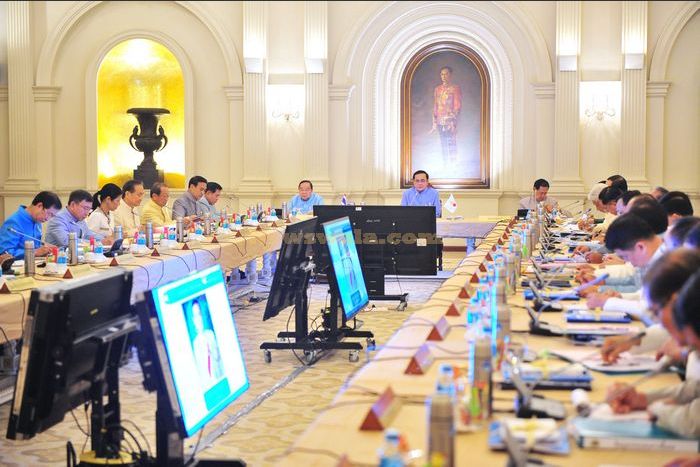
It is hoped that the new EEP will lead to cost savings related to energy consumption of about Bt8.5 trillion between now and 2036.
As for alternative sources of energy, the EPPO has approved measures to promote power plants driven by biomass or biogas for the three southern border provinces and four districts of Songkhla province.
Very small power producers (VSPPs) can sell 10-50 megawatts of electricity generated from various agricultural residues and grass via a competitive feed-in-tariff system to Pattani, Yala and Narathiwat provinces and four districts of Songkhla - Chana, Thepha, Sabai Yoi and Na Thawi.
In addition, the EPPO approved increasing the proportion of raw palm oil in bunker fuel to drive the power plant in Krabi province from 10 per cent to 23 per cent.
The Commerce Ministry and the Bank for Agriculture and Agricultural Cooperatives have arranged for the Electricity Generating Authority of Thailand to buy up to 15,000 tonnes of palm oil a year to help farmers dispose of some of their excess palm oil.
The EPPO also agreed to postpone the scheduled commercial operation date for the solar power plants (ground solar panels type) for state agencies and agricultural cooperatives from June 30, 2016, to September next year.
It also approved criteria for setting electricity rates as proposed by the Energy Regulatory Commission (ERC) in line with a 2011 EPPO resolution on a policy for setting rates that reflect the actual production costs and ensure fairness to consumers.
Now that the EPPO has approved the 2015-36 EEP, the ERC must review the criteria for setting electricity rates in accordance to the policy, which will be applicable by 2017.
Anh Tuan


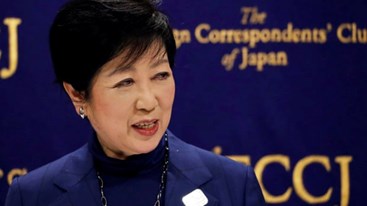

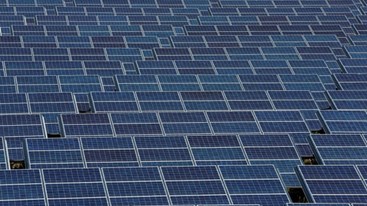



.jpg?w=367&h=206&mode=crop) Energy efficiency and conservation usage is an important aspect of the national energy development strategy
Energy efficiency and conservation usage is an important aspect of the national energy development strategy
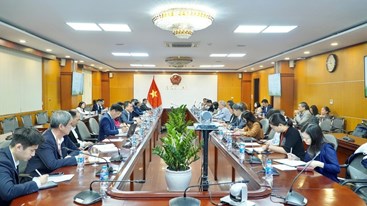 Challenges and Opportunities to promote energy efficiency market in Vietnam
Challenges and Opportunities to promote energy efficiency market in Vietnam
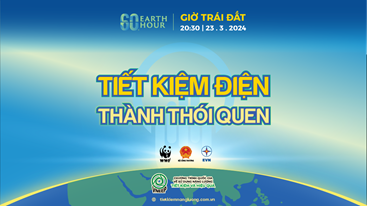 The Ministry of Industry and Trade requests government agencies to coordinate in organizing Earth Hour 2024
The Ministry of Industry and Trade requests government agencies to coordinate in organizing Earth Hour 2024
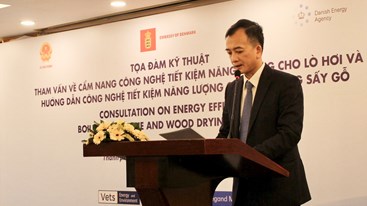 Consultation on Energy Efficiency Boiler Catalogue and Wood Drying Guideline
Consultation on Energy Efficiency Boiler Catalogue and Wood Drying Guideline
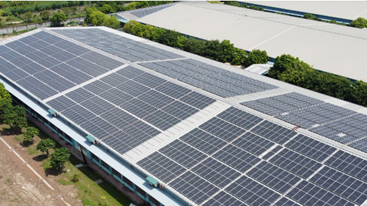 Son Ha Co., Ltd, applies energy efficiency and conservation measures
Son Ha Co., Ltd, applies energy efficiency and conservation measures
 Phuc Kien Co., Ltd., is effectively implementing energy-saving measures
Phuc Kien Co., Ltd., is effectively implementing energy-saving measures
.png?w=367&h=206&mode=crop) Request for expression of interest - C2.1.13: Capacity Building on energy efficiency policies development
Request for expression of interest - C2.1.13: Capacity Building on energy efficiency policies development